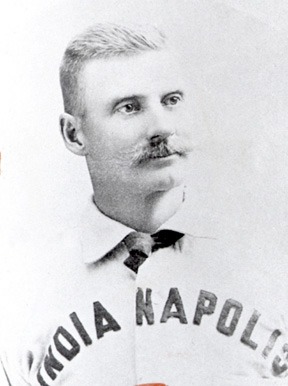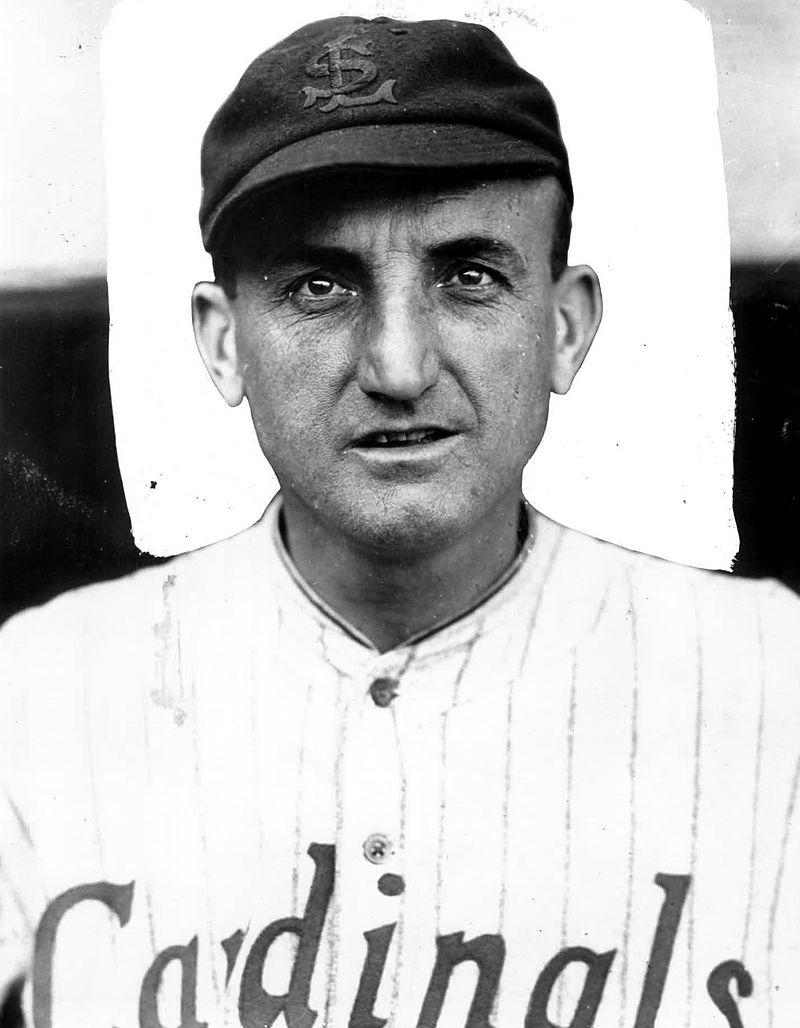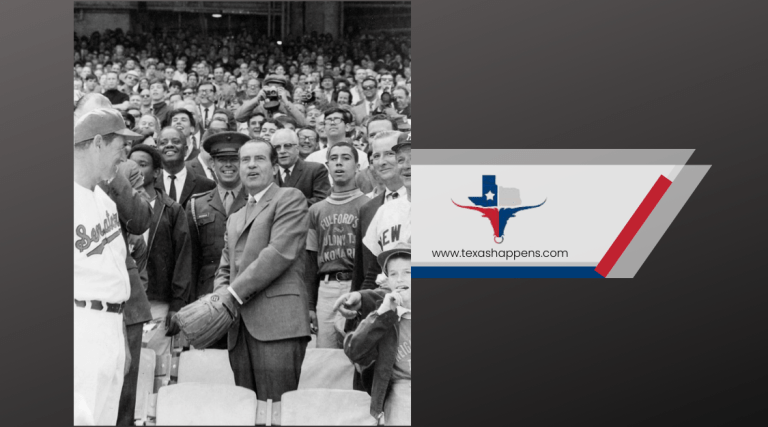Baseball’s origins in Texas trace back to the mid-19th century, with the first recorded game taking place in Houston in 1867. The sport quickly gained traction, spreading to other major cities such as Austin, Dallas, and San Antonio. Early baseball in Texas was heavily influenced by soldiers from the Civil War who introduced the game to local communities. By the 1870s, baseball clubs and informal leagues began forming, laying the groundwork for organized competition and establishing baseball as a popular pastime in the state.
The Beginnings of Baseball in Texas
Baseball in Texas began to take shape in the mid-1800s, largely influenced by soldiers returning from the Civil War who brought the game with them. The sport provided a sense of camaraderie and entertainment, quickly capturing the interest of local communities.
The first recorded baseball game in Texas occurred in Houston in 1867, marking the start of the sport’s organized presence in the state. This game was a pivotal event, demonstrating the growing popularity of baseball and setting the stage for more formal competitions in the future.
As baseball spread, it quickly gained popularity in key cities such as Austin, Dallas, and San Antonio. These urban centers became hotbeds for early baseball activity, fostering local clubs and informal leagues. Their enthusiastic adoption of the sport helped to establish baseball’s foothold in Texas culture.
Prominent Early Teams and Leagues
The formation of the first Texas baseball teams began in the late 1860s, with local clubs emerging in major cities. One of the earliest known teams was the Houston Stonewalls, established in 1867. These early teams were often composed of local enthusiasts who organized games and competed against neighboring towns, laying the foundation for organized baseball in the state.
By the 1880s, the development of regional leagues marked a significant step forward for Texas baseball. The Texas League, founded in 1888, became one of the most notable leagues, providing a structured competition for teams across the state. This league helped standardize rules, schedules, and facilitated more regular and organized play, significantly contributing to the sport’s growth and popularity.
Several early teams made substantial contributions to Texas baseball. The Dallas Hams, founded in the late 1880s, and the Fort Worth Panthers, established in the 1890s, were among the prominent teams that dominated the regional leagues.
Notable Figures in Early Texas Baseball
Early Texas baseball saw several key players who left a significant impact on the sport. One of the notable figures was John “Jack” Glasscock, who played for the Dallas Hams in the late 1880s. His exceptional skills as a shortstop brought attention to the team and elevated the level of play in the region. Another influential player was Jake Atz, who became known for his outstanding performance with the Fort Worth Panthers in the early 1900s, helping to popularize baseball in Texas.

Here is a quick glance on notable figures that shaped Texas baseball history:
- John “Jack” Glasscock – Renowned shortstop for the Dallas Hams in the late 1880s.
- Jake Atz – Star player and manager for the Fort Worth Panthers in the early 1900s.
- Ted Sullivan – Promoter and organizer known as the “Father of Texas Baseball.”
- Bobby Wallace – Manager of the Houston Buffaloes in the 1920s, leading them to numerous victories.

- A.J. Reach – Co-founder of the Texas League in 1888, helping to formalize baseball competitions in Texas.
- George Schepps – Entrepreneur who invested in building stadiums and promoting baseball games.
- Rube Foster – Influential pitcher and later manager, who played for teams like the Waco Yellow Jackets.
- Walter Morris – Key figure in organizing the Texas League and promoting the sport in the early 1900s.
- Bill Terry – Notable first baseman who played for the Dallas Giants before moving on to a successful Major League career.
- Paul LaGrave – Manager and promoter, instrumental in developing the Fort Worth Panthers into a dominant team.
Contributions of Early Promoters and Organizers
The contributions of early promoters and organizers were vital to the growth of baseball in Texas. Individuals like A.J. Reach, who helped found the Texas League in 1888, provided the necessary structure for organized competition. Additionally, entrepreneurs like George Schepps, who invested in building stadiums and promoting games, ensured that baseball had a solid foundation and broad audience in Texas.
Challenges and Triumphs
Early Texas baseball teams faced numerous social and economic challenges. Financial constraints were a major hurdle, as many teams struggled to secure funding for equipment, travel, and maintenance of playing fields. Additionally, the lack of proper infrastructure and formal organization often led to scheduling conflicts and limited opportunities for competition. Social challenges included overcoming regional rivalries and gaining acceptance in a society where baseball was still a relatively new sport.
Despite these challenges, early Texas baseball teams achieved several notable victories and milestones. The Dallas Hams’ championship win in the inaugural season of the Texas League in 1888 was a significant achievement, highlighting the competitive spirit and talent in the region. Another milestone was the establishment of the Fort Worth Panthers as a dominant force in the early 1900s, with multiple league championships that brought regional and national attention to Texas baseball.
Conclusion
Baseball quickly became an integral part of Texas communities in the late 19th and early 20th centuries. It served as a unifying activity, bringing together people from various backgrounds to enjoy and participate in the game. Local teams often formed the centerpiece of community events, with games drawing large crowds and fostering a sense of community spirit.


